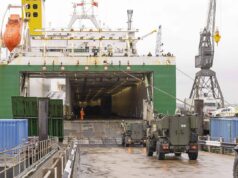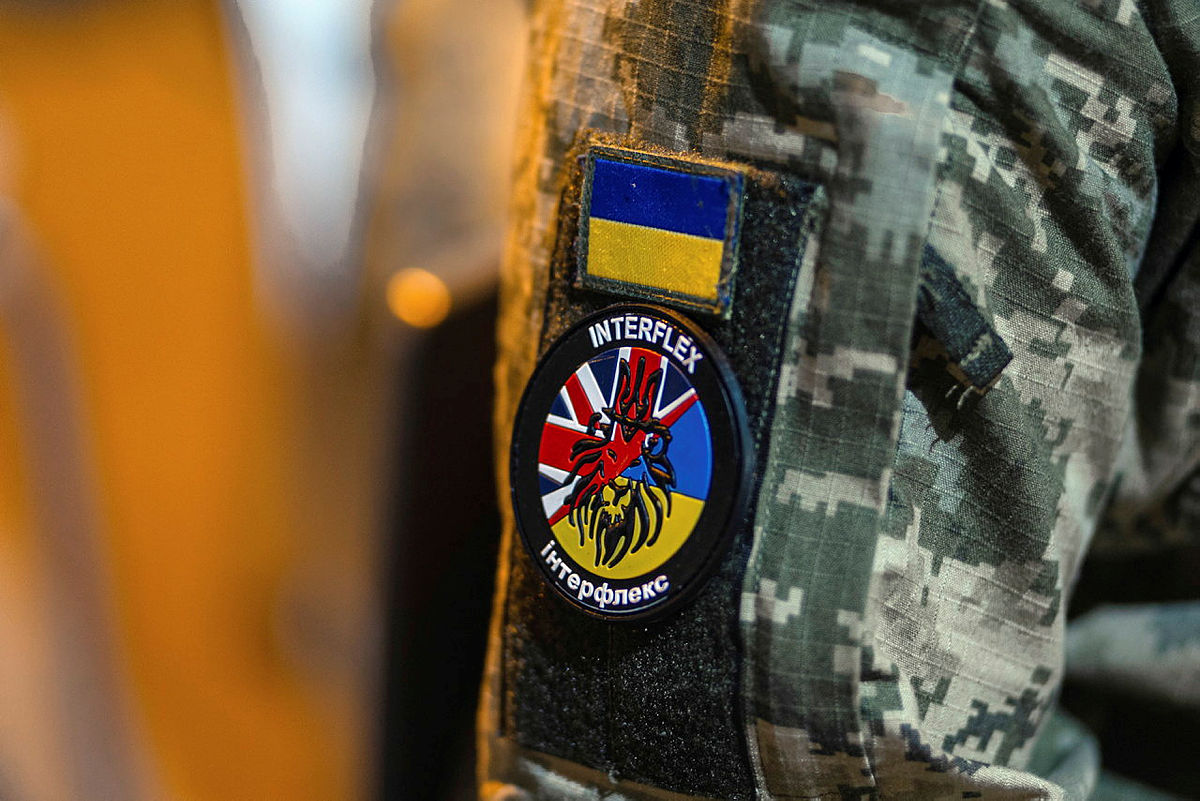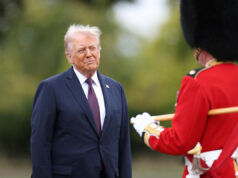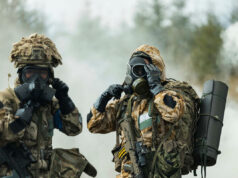At the NATO Cyber Defence Conference held at Lancaster House, London, the Chancellor of the Duchy of Lancaster, Pat McFadden, addressed the escalating cyber threats posed by Russia and other adversaries, announcing significant new initiatives to strengthen the UK and NATO’s defences.
The event, held on 25 November, highlighted the evolving landscape of cyber warfare and NATO’s collective response to these challenges.
Reflecting on NATO’s history, McFadden underscored its enduring importance in safeguarding member states. He welcomed Sweden’s participation as a full NATO ally, emphasising the alliance’s resilience:
“It is clear that 75 years after its foundation, we need NATO more than ever.”
Escalating Cyber Threats
The Chancellor detailed Russia’s cyber aggression against Ukraine, including attacks on power grids, communication networks, and air raid warning systems. He also revealed that Russian-aligned groups have expanded their targets to NATO allies, including the UK, aiming to destabilise and disrupt:
“Russian state-aligned groups have taken responsibility for at least nine separate cyberattacks of varying severity against NATO states, including unprovoked attacks against our critical national infrastructure.”
McFadden warned that other adversaries, including Iran, North Korea, and China, are also employing sophisticated cyber tactics, posing a global threat.
New UK Cybersecurity Measures
To counter these threats, McFadden announced the establishment of the Laboratory for AI Security Research at the University of Oxford, funded with £8.2 million from the UK government’s Integrated Security Fund.
The laboratory will assess AI’s impact on national security and ensure the UK remains a leader in developing secure technologies.
In addition, the UK is launching an incident response project aimed at helping NATO allies defend against cyberattacks on critical infrastructure. This initiative will bring together expertise from public and private sectors to provide technical assistance.
McFadden spoke of the importance of businesses bolstering their digital defences:
“Russia won’t think twice about targeting British businesses in pursuit of its goals. It is happy to exploit any gap in our physical or cyber defences.”
Learning from Ukraine
Praising Ukraine’s resilience against relentless Russian cyber assaults, McFadden urged NATO to learn from Ukraine’s example of robust defence. He stressed that the alliance must remain vigilant, continuously adapting to modern threats:
“Every day, we need to do this unspectacular work of plugging away at our cyber defences: identifying weaknesses, shoring up our national barriers, and continuing to work together in the name of this collective security that brought NATO’s founders together.”
Concluding his speech, McFadden reiterated the UK’s unwavering support for Ukraine and NATO’s commitment to countering cyber aggression:
“While no one should underestimate the Russian aggressive and reckless cyber threat to NATO, we will not be intimidated by it, and we will never allow it to dictate our decisions or our policies.”
The two-day conference focuses on enhancing NATO’s cyber capabilities and fostering international collaboration to address the rising threats from state and non-state actors in the digital domain. McFadden’s speech underscored the urgent need for collective resilience in this new theatre of conflict.













